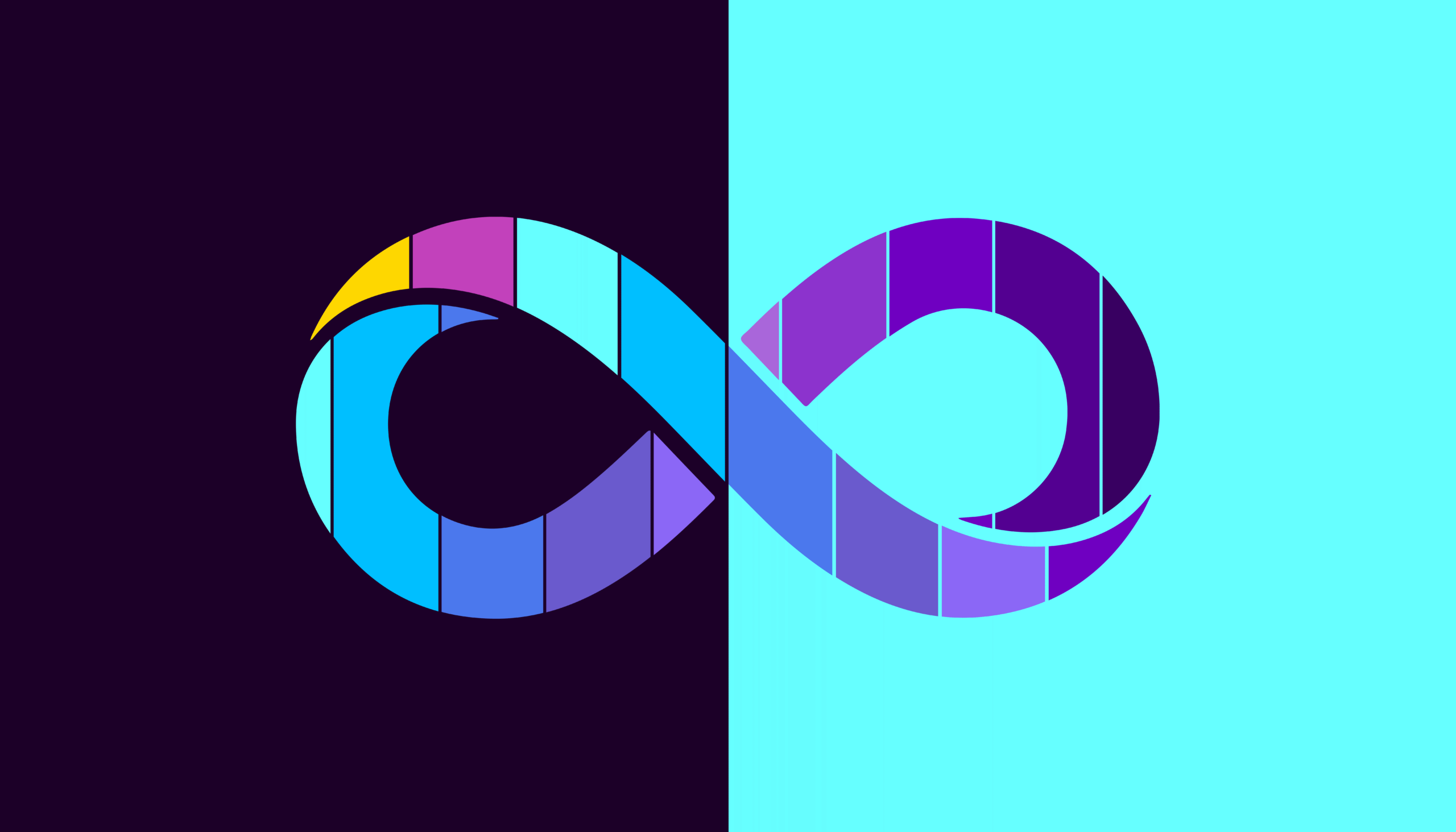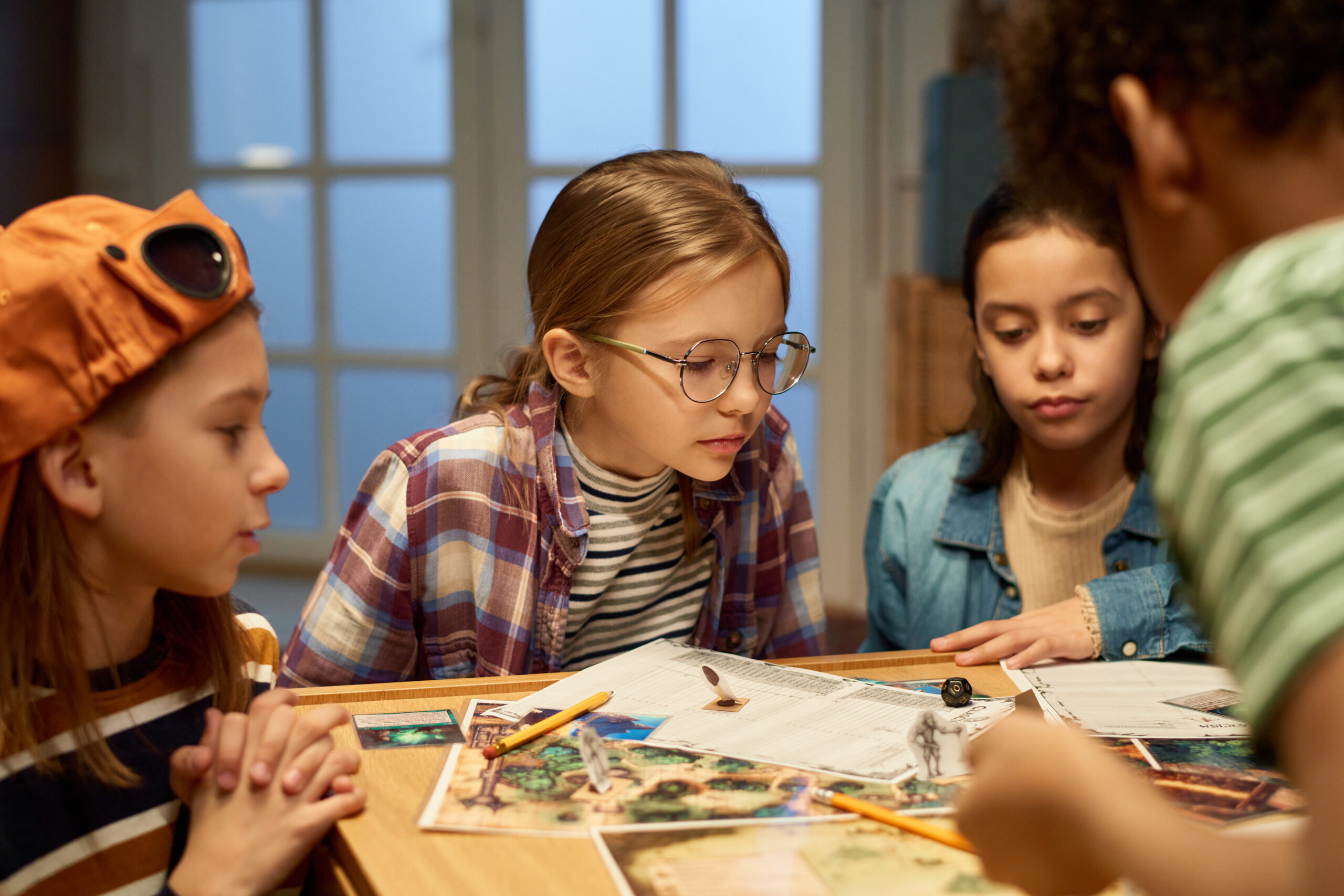Autizmus diagnózisok
Felnőttek és gyermekek.
A kérdőjelektől a csendes büszkeségig
Amikor Daniel először vette észre, hogy a fia a játékautókat sorba rakja, ahelyett, hogy játszana velük, nyugtalanságot érzett. A 34 éves Sophie pedig folyton arra gondolt, hogy "Miért érzem magam kívülállónak?". Az útjuk másképp kezdődött, de mindketten ugyanott értek véget: a tisztánlátásnál. Diagnózis, az összetartozás érzése, és aztán... Büszkeség.
Olvass tovább

Az autizmus felfedezése A büszkeség felvállalása
A Neurodiversity Pride Dayen a minden korosztályból származó autisták erősségeit és identitását ünnepeljük. A büszkeség előtt azonban a tudatosság és gyakran a diagnózis következik.
Akár gyermekét támogatja a diagnosztikai folyamat során, akár felnőttként fedezi fel saját autista identitását, a diagnózis felállítása erőteljes, tisztázó lépés lehet. Megkönnyebbülést, támogatást és az agy működésének mélyebb megértését hozhatja - és mindig is hozta.
Autizmus Gyermekeknél
Kisgyermekkorban az autista vonások gyakran a minták iránti mélységes szeretet, erős érzékszervi preferenciák vagy szociális egyediség formájában jelentkeznek. Ezek nem hiányosságok - ezek az eltérő bekötés jelei. Az olyan eszközöknek köszönhetően, mint az ADOS-2 és az ADI-R, a szakemberek válaszokat, útmutatást és reményt adnak a családoknak. Amint a szülők megtudják, mit jelentenek ezek a sajátos módok, olyan oktatási terveket és napi gyakorlatokat tudnak támogatni, amelyek támogatják gyermekük természetes erősségeit.


Autizmus felnőtteknél
Sokaknál, különösen a nőknél, a színes bőrűeknél vagy az LMBTQIA+ közösség tagjainál a diagnózis később, néha sokkal később születik meg. De az önfelismerés pillanata úttörő lehet. Megmagyarázza az évekig tartó "maszkírozást", a szinkronizálatlanság érzését, és végre segít leírni, hogy miért.
Ha éveken át elfedte magát, úgy érezte, hogy "nincs szinkronban", vagy azon tűnődött, hogy miért érzi magát nehezebbnek a dolgokat, az autizmus diagnózisa megváltoztathatja az életét.
Az önfelismerés a büszkeség egy formája. A diagnózis nem csupán azonosulássá, hanem felszabadulássá válik.
A Neurodiversity Academy blogunkon számos cikket és forrást talál ezzel kapcsolatban.
Készen állsz többet megtudni az autizmusról?
A Neurodiverzitás Alapítványnál hiszünk abban, hogy a diagnózis nem a vég, hanem a megértés, a támogatás és a büszkeség kezdete.
Saját Neurodiversity Oktatási Akadémiánk mélyreható forrásokat kínál, amelyeket autista pedagógusok, klinikusok és védőnők hoztak létre, és amelyeket arra terveztek, hogy mind a felnőtteket, mind a családokat végigvezessék az autizmus felfedezésének minden szakaszán.
Támogatjuk az egyéneket, családokat, iskolákat és szervezeteket, hogy olyan neuroinkluzív környezetet teremtsenek, ahol minden elme virágzik az innovatív eszközök, az oktatás és a közösségi kapcsolatok révén.
Induljon el az autizmus diagnózissal kapcsolatos útmutatóinkkal és forrásainkkal
Ismerje meg, milyen jeleket kell keresnie, hogyan működik az értékelés, és mi következik ezután - bármely életkorban.
